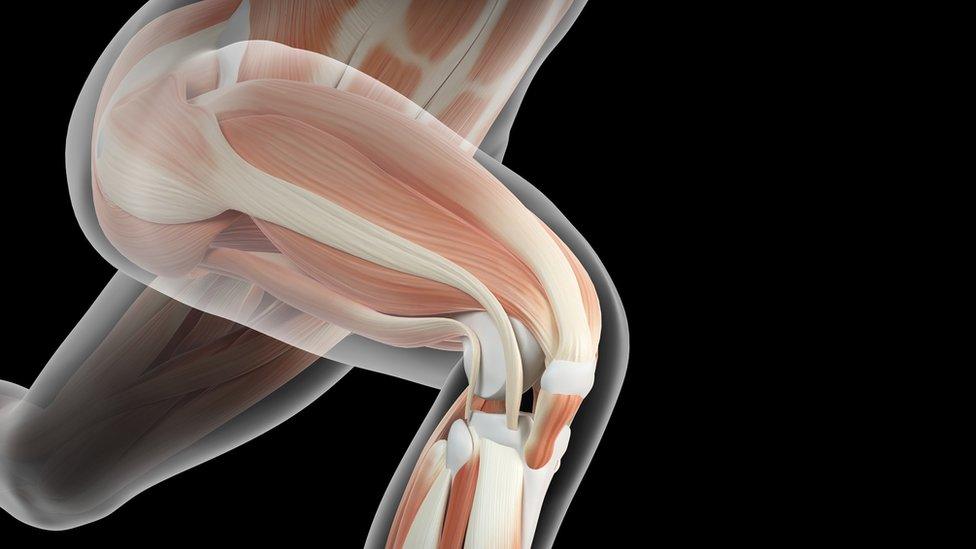By Dr. Styliani Spyridi, Consultant Psychiatrist Introduction In the field of psychiatry, we increasingly recognize…

Spring Equinox: How the Changing Seasons Impact Your Brain and Mood
As the seasons shift, our internal systems undergo subtle yet significant changes. The Spring Equinox, occurring around March 20th or 21st, marks a time when day and night are nearly equal. This phenomenon not only signifies the arrival of spring but also influences various aspects of our physical and mental well-being, particularly brain function, mood, and sleep patterns. Understanding how seasonal transitions affect our neurobiology can help us optimize our health and well-being during this vibrant time of the year.
Circadian Rhythms & Sleep Patterns: The Light Factor
One of the most profound ways the changing seasons affect our brain is through the regulation of circadian rhythms. Circadian rhythms are the body’s internal biological clocks, which help regulate sleep-wake cycles, body temperature, and hormone release. These rhythms are strongly influenced by external cues, especially light.
As days grow longer with the arrival of spring, increased exposure to sunlight plays a critical role in resetting the circadian clock. This natural light exposure helps to regulate melatonin, a hormone responsible for signaling sleep. The longer daylight hours provide a stronger signal for the body to wake up earlier and feel more alert during the day. This process not only enhances the quality of sleep but also promotes better overall mood and energy levels.
Scientific Evidence:
Research shows that seasonal changes in daylight can influence sleep timing and quality. Longer days in spring help align circadian rhythms with natural light exposure, improving sleep and overall mental health.
Source: Frontiers in Neuroscience, Circadian Rhythms and Seasonal Changes in Sleep, June 4, 2019. (frontiersin.org)
Pro Tip: To maximize these benefits, try to spend more time outdoors during daylight hours. A consistent routine of natural light exposure can help align your sleep schedule with nature’s rhythm.
Neuroendocrine Response to Spring: Hormonal Shifts
The changing light during spring doesn’t just influence sleep; it also affects the neuroendocrine system, which regulates key hormones like cortisol (the stress hormone) and melatonin (the sleep hormone).
With increased daylight, your body adjusts its hormonal responses, including a shift in the release of cortisol and serotonin. Cortisol, known for its role in stress response, may decrease with better sleep patterns, leading to improved mood regulation. Conversely, serotonin—a neurotransmitter associated with well-being—may increase due to sunlight exposure, promoting feelings of happiness and calm.
Scientific Evidence:
Studies show that seasonal changes, such as the longer daylight in spring, can impact neuroendocrine responses. In particular, light exposure helps regulate cortisol and melatonin levels, which directly influence mood and stress.
Source: Frontiers in Neuroscience, Circadian Rhythms and Seasonal Changes in Sleep, June 4, 2019. (frontiersin.org)
Pro Tip: Embrace outdoor activities such as walking or hiking during the day to maximize exposure to sunlight, which helps regulate your neuroendocrine system and improve mood stability.
Boost in Serotonin: The Mood Enhancer
Spring’s increased sunlight has a direct impact on serotonin production, a neurotransmitter crucial for regulating mood, emotion, and focus. Sunlight exposure is known to stimulate the production of serotonin, leading to improvements in mood and overall emotional well-being. This increase in serotonin helps enhance mental clarity, reduce anxiety, and elevate happiness.
Scientific Evidence:
Numerous studies have shown that light exposure significantly impacts serotonin levels, which in turn can improve mood and focus. As serotonin is involved in regulating mood, its increase during spring contributes to a heightened sense of well-being and better mental health.
Source: Springer Link, Light Exposure and Serotonin Regulation, December 1, 2019. (link.springer.com)
Pro Tip: Spending more time outdoors or near natural light during the day can help boost serotonin levels and improve your mood, contributing to a positive mental state.
Cognition & Behavior: Sharper Minds with Longer Days
Seasonal changes not only affect mood but also cognitive abilities. As daylight increases, cognitive functions such as memory, attention, and problem-solving skills tend to improve. Studies have shown that during the spring and summer months, individuals often experience better cognitive performance, likely due to the improved sleep and higher serotonin levels associated with longer days.
The influx of sunlight may boost cognitive abilities such as focus and memory recall, allowing you to be more productive and mentally agile. This makes spring an excellent time to focus on mental tasks that require sharp attention, such as studying, creative work, or decision-making.
Scientific Evidence:
Research suggests that longer daylight hours are associated with improved cognitive performance, including better memory, focus, and attention. These cognitive enhancements are likely due to improved sleep, hormonal balance, and serotonin production.
Source: Frontiers in Neuroscience, Cognitive Performance and Seasonal Changes, June 4, 2019. (frontiersin.org)
Pro Tip: Take advantage of the seasonal changes by tackling cognitively demanding tasks during the daytime when your brain is functioning at its peak.
Conclusion: Embrace the Spring Shift for Your Mental Health
The arrival of spring, marked by the Spring Equinox, offers more than just a shift in the weather—it provides a unique opportunity to optimize your brain and mood. The changes in light exposure not only regulate your circadian rhythms and improve sleep patterns but also have profound effects on neuroendocrine responses, serotonin levels, and cognitive performance. Embracing the longer days and increased sunlight can lead to improved mental health, sharper cognition, and a more positive outlook.
As we transition into the spring season, consider embracing these natural changes by aligning with the rhythm of the earth. Spend more time outdoors, expose yourself to natural light, and use this time to enhance your mental and emotional well-being.
References:
- Frontiers in Neuroscience. (2019). Circadian Rhythms and Seasonal Changes in Sleep. Retrieved from frontiersin.org.
- Springer Link. (2019). Light Exposure and Serotonin Regulation. Retrieved from link.springer.com.
- Sveriges Radio. (2023). How the Spring Equinox Affects Us. Retrieved from sverigesradio.se.
By understanding how the seasons influence your brain and body, you can take proactive steps to harness the benefits of the changing light and improve your mental health. Embrace the power of the Spring Equinox to reset your body’s rhythms, boost your mood, and unlock sharper cognitive function.
#SpringEquinox #Neuroscience #BrainHealth #SleepPatterns #MoodBoost #CircadianRhythms #Neurochemistry #SpringVibes #MentalWellness #MindfulLiving #CognitiveHealth #SerotoninBoost #HealthyMind #SeasonalChanges #SpringScience



